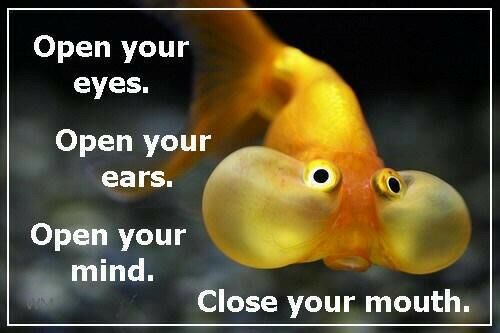Back to Basics: Potential Outcomes of Brain Injury
Back to basics with a look at the potential changes and outcomes of brain injury. In brief - if we think about the brain controlling everything we do: then damage to the brain can affect everything we do. Seven points to remember about the outcomes of brain injury Before talking more about specific outcomes here are seven points to remember: Brain injury is complex and difficult to fully understand. An organ that can boast 100 billion cells has got to hold a few surprises for us all. Mostly the part of the brain damaged will determine the physical and cognitive effects. All parts of the brain are closely linked and work together so predicting the exact outcome can be difficult. The combinations of cognitive and physical effects following brain injury are different for every person. The outcome is random. Many years ago Headway Victoria in Australia used the analogy of acquiring a brain injury being like dealing a deck of cards, you…

